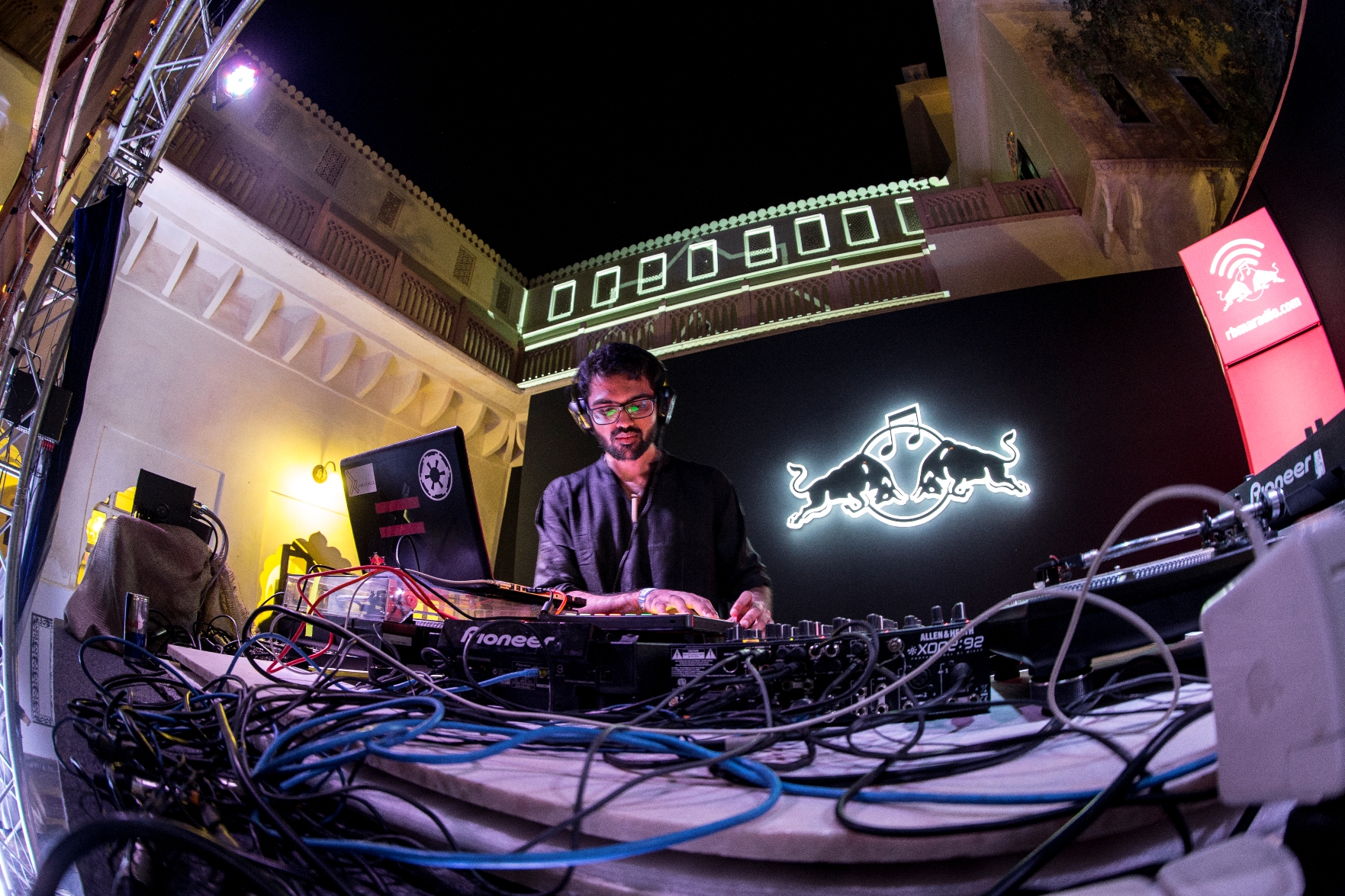Hear Bengaluru-Based Gauley Bhai’s Hypnotic Rock Debut ‘Joro’
Comprising members hailing from Kalimpong and Kozhikode, the quartet explore folk-tinged rhythms and lyrics about identity, love and memory
At the Ziro Festival of Music in Arunachal Pradesh last year, one of the freshest sounds on stage came from Bengaluru-based Gauley Bhai. It was their first big-stage show, at one of the country’s best-known destination music festivals, but the quartet showed zero jitters, running through groovy Nepali-language songs.
Formed in 2017, Gauley Bhai comprises vocalist-violinist Veecheet Dhakal, his brother Anudwatt on bass (who run production house Firiri Films together in Bengaluru), guitarist Siddhant Mani Chettri (also part of R&B/soul rock band Mojo Hand) and drummer Joe Panicker (one half of audio-visual electronic duo Aerate Sound). By the end of 2017, the band had already uploaded an early version of their cascading track “Nepali Ko Rela,” featuring clockwork drumming from Panicker, smooth guitar lines from Chettri and Veecheet punctuating his vocals with violin. It is the centerpiece on their debut full-length album, Joro.
The band says in a statement, “Gauley Bhai talks about love and the love lost. We sing about life and death in the most unlikely of settings. We talk about anything that has an impact on us as Indians from different parts of the country living in a city (Bengaluru) together.”
But even if you don’t understand the lyrics, there’s an eccentric mix that draws listeners in on the 10-track Joro, which translates to “fever.” Closer to completion, the band turned to crowdfunding platform Wishberry to raise over ₹2.40 lakh for the album. From the easy-going opening track “Thupari Udi” (accentuated by poignant violin segments) to the choppy “Simrayo,” Gauley Bhai employ seemingly tribal folk rhythms transcribed to their instruments, digging into each groovy pattern.
The band says their song structures are rooted “in Indian styles and our folk cultures” and this explains why Joro clocks in at just over an hour. The flittering guitar lines on the title track, for example, recall African guitar work from Malian musician Ali Farka Toure. The band states that “Joro” was the most challenging to translate from stage jams to studio track. Panicker says, “It follows a very traditional sense of rhythm in its roots with a very up-tempo vibe yet in the studio we felt the need to slow down.”
Joro features spoken word intros, but varies its pace, getting into ethnic-funk on “Ghamandi,” simple, nostalgic folk on “Talla Gaonko Pallo Kulo” and then almost hip-hop like beats and clap-along sections on “Mo Kolai Diu.” The album closes with “Morau,” perhaps a signature blend of the infectious jam rock sound that’s also a live staple, featuring multiple earthy vocal harmonies and hooks.
With the album out on all platforms now, the band says they’re currently collaborating with filmmakers from Bengaluru to make three music videos. “Hopefully we get to share that with you guys soon,” Panicker says.
Stream/buy ‘Joro’ below.








